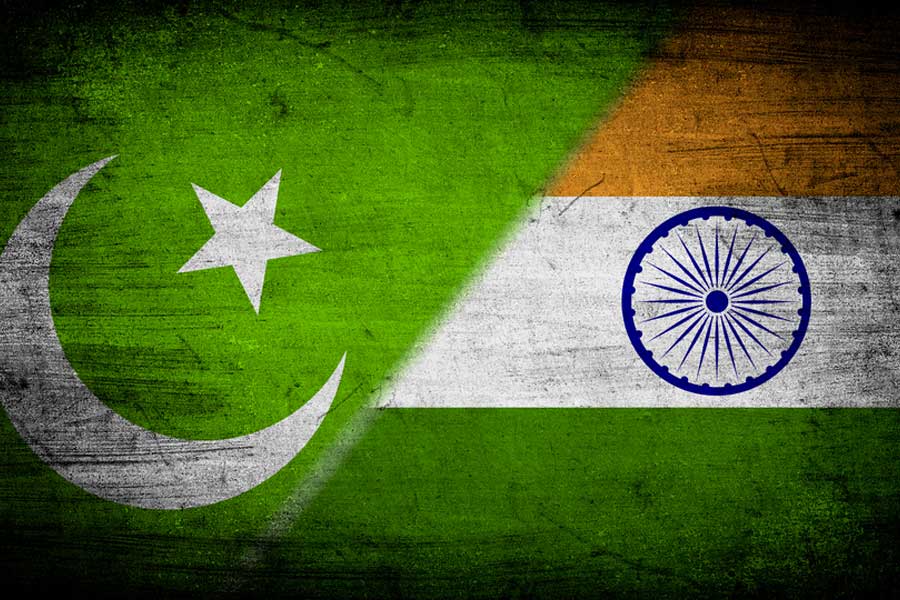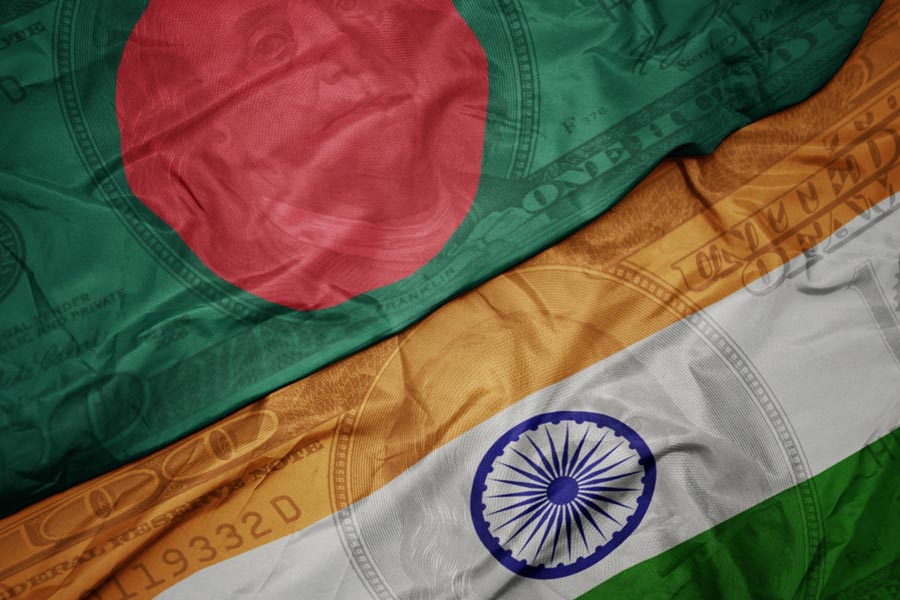Last month was all about politics in Pakistan and this month isn’t any different. If anything, this month was even more about political wheeling and dealing owing to the proposed constitutional amendments, which many say are aimed at curtailing the judiciary’s powers. These have become a contentious issue. The federal government has summoned separate sessions of the National Assembly and the Senate today. Observers say that the federal government was waiting for the end of the Shanghai Cooperation Organisation Summit so that there were no political distractions while this important meet was going on. However, we saw enough political distractions when Imran Khan’s Pakistan Tehreek-e-Insaf announced a protest on October 15 in Islamabad — the day on which foreign dignitaries would have been in the federal capital for the SCO meet.
The PTI said that this protest was announced because its members, and Khan’s family members and lawyers were not allowed to meet him after the jail authorities enforced a blanket ban on meetings with inmates till October 18 due to the security arrangements for the SCO Summit. Rumours started circulating about Khan’s health and, after much back and forth on Tuesday, a medical report from the Pakistan Institute of Medical Science declared the former prime minister “fit and healthy”. The PTI also called off its protest on October 15.
When the PTI had announced its protest, many asked why the former ruling party did not call for it as soon as it was announced that there would be no access to Khan till October 18. The party called for the protest five days later when a multilateral meet was starting. The government and several observers said the PTI’s move to stage a protest rally on October 15 was to put pressure on the State. They say that when there is finally a semblance of economic stability in Pakistan because it has secured another loan from the International Monetary Fund and inflation is in single digits and less than 7% after a long time, the PTI is worried that the pressure on the government will decrease with every passing day. It is no secret that the PTI is a party that thrives in political chaos and sets its narrative quite successfully in the aftermath of such chaos. It is this disruptive brand of politics that differentiates it from other parties.
While political issues will continue to hog the limelight in Pakistan, especially with the constitutional amendments still on the cards, there are other issues that are making headlines. Earlier this week, the former prime minister, Nawaz Sharif, expressed optimism about meeting the Indian prime minister, Narendra Modi, in the near future. Sharif has always been seen as someone who wants good relations with India. During an interview with the journalist, Barkha Dutt, ahead of the SCO meet, Sharif said that he has “always been a supporter of good relations with India” and it would have been good if Modi had also attended the SCO Summit. He added that he hopes that they will have an “opportunity to sit together in the not-so-distant future”. Coming from a man committed to peace with India, these words carry weight. It was during Sharif’s tenure that the former Indian prime minister, Atal Bihari Vajpayee, took a bus to Lahore in 1999, a move that was later sabotaged by Pervez Musharraf. It was during Sharif’s tenure that even Modi made a surprise visit to Lahore back in 2015.
However, much has changed since 1999 and 2015. The abrogation of Article 370 is the primary bone of contention between the two neighbours now. India insists that this decision is ‘done and dusted’ while Pakistan says that it cannot move forward without addressing this elephant in the room. Sharif’s statement is important and can be seen as an ice-breaker, coming at a time when India sent its foreign minister to Pakistan after almost a decade — even if it is to attend a multilateral forum and not for any bilateral meetings. That he said this to an Indian journalist ahead of S. Jaishankar’s visit to Pakistan is also significant. It is time for the Modi regime to come off its hawkish high horse and build bridges in the region.
Mehmal Sarfraz is a journalist based in Lahore; mehmal.s@gmail.com











